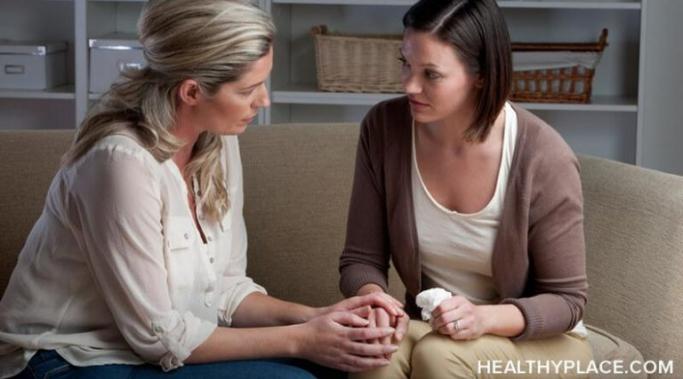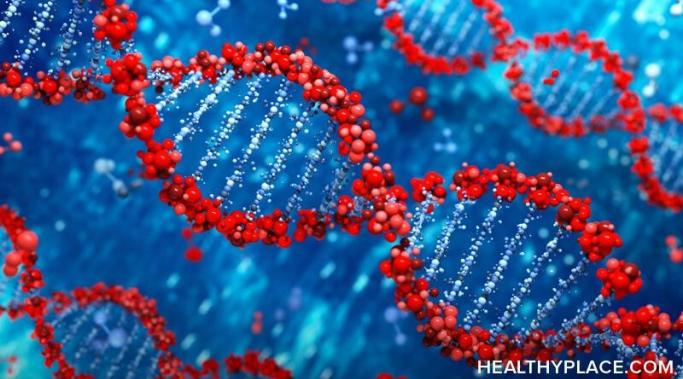Blogs
Sponsorship during addiction recovery is one of the tenets of 12-step groups like Alcoholics Anonymous (AA). Many who have gotten, and remained, clean and sober have done so with the help of a sponsor guiding them through the process of recovery. While it has proven to be an effective tool in 12-step circles, some wonder whether sponsorship in addiction recovery is really an important element.
Fear and pain are realities of life, but we can’t let fear and pain make our decisions for us. As soon as we do, they will be the masters of our fates. But we all need to be the masters of our own destiny. In short, we need to stand up to fear and pain and make our own decisions, even though it can be very hard.
Enjoying life and having fun is an important part of our existence. Incorporating it into our daily lives is an essential part of learning how to live with and manage our depression in a healthy way. While we know this is true, the challenging part can be putting enjoyment and fun into practice. I've discovered some ways to make this easier, and I've found that making time to enjoy life and have fun is beneficial to learning to cope with depression.
A parent's support is amazing. It’s important for everyone to have a support system - but, for people living with schizophrenia or schizoaffective disorder, a support system is critical. I’ve written a lot about my husband, Tom, but I haven’t written that much about my parents. My parents' support has been there for me from day one when doctors first diagnosed me with schizophrenia, and again later when I was diagnosed with schizoaffective disorder, up until today.
It can seem impossible to get through an entire day when you have anxiety. Anxiety can be severe, and it can make hard to get out of bed in the morning, let alone function. Having a step-by-step plan will help you get through your day with anxiety.
There's a strong genetic component to bipolar disorder. Researchers have already shown that bipolar disorder can be passed from generation to generation.
Do you know the relationship between eating disorders and body dysmorphia? I remember the first time I stood in front of a mirror, scrutinizing every square-inch of my reflection. My thighs were not lean enough. My arms lacked definition. My stomach looked bloated underneath my shirt. My face registered the deep, gut-level disappointment I felt about my entire appearance. If I could just tweak those “problem areas”—shed a pound here, tone a muscle there—surely the mirror and I would become friends, or start tolerating each other at least. During the most critical and self-deprecating phases of my eating disorder, I had no idea this mirror-image was not reality, but a false representation of my distorted beliefs. I had never heard the term “body dysmorphia” or that it affects an estimated one in 50 people.1 Moreover, I did not make the connection I was one of those people, but eating disorders and body dysmorphia often go together.
Is there a good way to manage anxiety about world events if you're an empath? If you feel like the world is falling apart, you’re not alone. Although empathy is more acutely developed in highly sensitive people, you don't have to be an empath to feel anxious. So it’s pretty easy to feel overwhelmed these days, especially with this week’s tragic incident in Las Vegas. Everywhere we turn, it seems we see endless violence and natural disasters. Managing the anxiety caused by world events takes special skill.
Volunteering aided my recovery from mental illness when I was diagnosed with schizoaffective disorder and bulimia in my early 20s. I volunteered for my local National Alliance on Mental Illness (NAMI) chapter, and it soon became a great opportunity that helped me take back my life and even lead to an internship. Here are five ways that volunteering can aid mental illness recovery that I discovered during my time at NAMI.
I’m Cheryl Slavin, the new co-author of Anxiety-Schmanxiety. I have had symptoms of my primary disorder, obsessive-compulsive disorder (OCD), since I was five years old. Generalized anxiety disorder (GAD) was also an early companion. As the sixth grade’s favorite dodgeball target, I was bullied in elementary school and developed social anxiety disorder (SAD). I am also afflicted with bipolar disorder.









